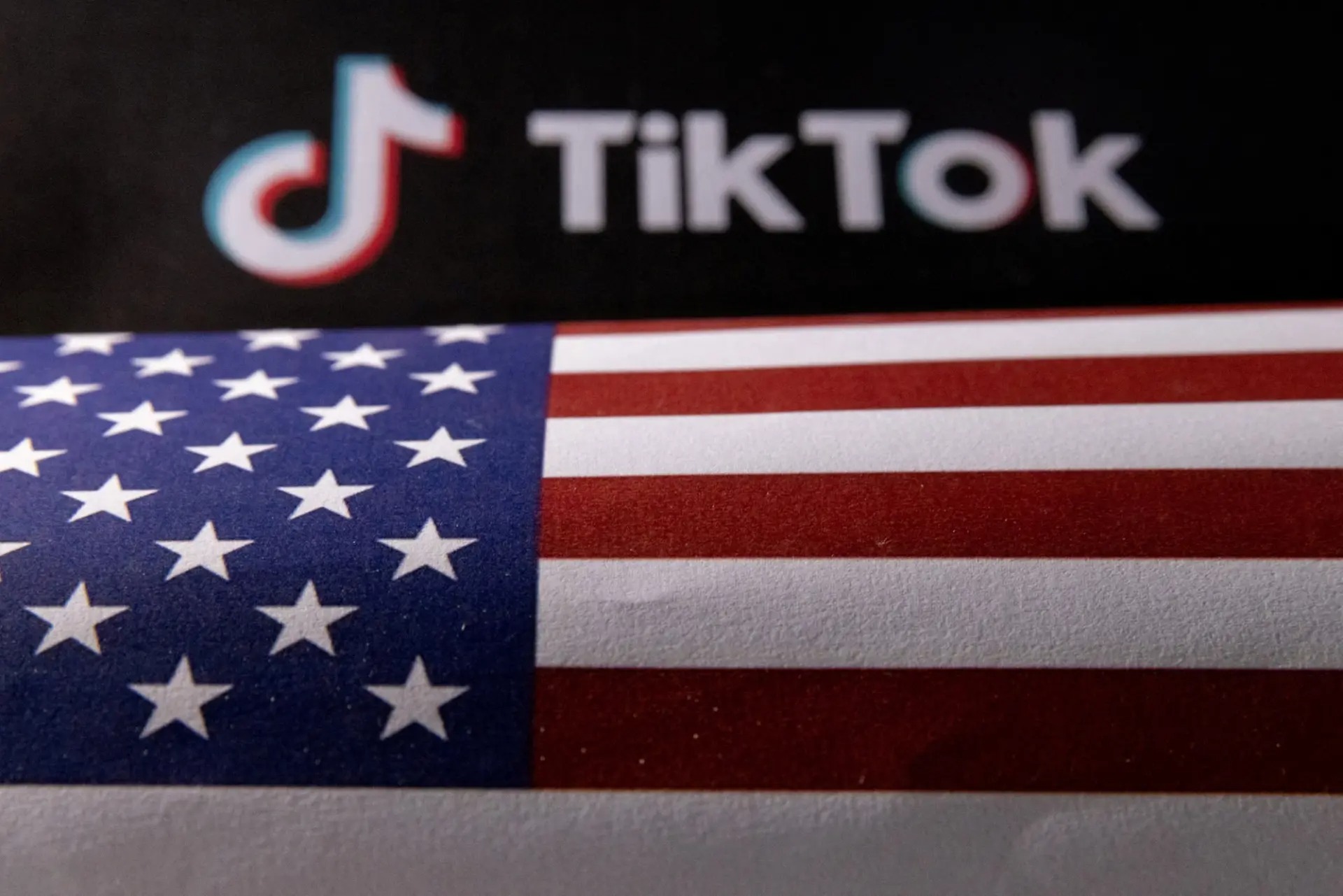On Thursday, China swiftly condemned the approval of a US bill targeting TikTok, expressing strong opposition to what it deemed as Washington’s “bandit” mentality and pledging to defend its companies’ interests abroad with all necessary measures.
The popular short-video app, owned by Chinese tech giant ByteDance, has gained global popularity but has faced scrutiny over its ties to Beijing’s ruling Communist Party, raising concerns among Western governments.
The US House of Representatives overwhelmingly passed a Wednesday bill mandating TikTok to sever ties with its Chinese parent company or risk a nationwide ban.

US TikTok Ban (Credits: KSL NewsRadio)
Although the bill has yet to be cleared by the Senate, where it faces stricter scrutiny to become law, it marks a significant escalation in the ongoing tensions between the two countries over technology and national security issues.
Beijing’s commerce ministry spokesperson, He Yadong, denounced the US bill, urging Washington to respect principles of fair competition and create an open, non-discriminatory environment for foreign companies. He warned that China would take decisive measures to safeguard its legitimate rights and interests in response to such actions.
Meanwhile, Beijing’s foreign ministry spokesperson, Wang Wenbin, criticized the US move as contrary to the principles of fair competition and international trade rules.

US Takes Steps to Ban TikTok (Credits: Semafor)
Wang emphasized that arbitrary suppression of foreign companies on the grounds of national security lacked fairness and justice, likening it to the behavior of bandits seeking to seize opportunities from others. Before the vote, Beijing had issued warnings that the proposed ban would have consequences for the United States.
Despite bipartisan support in the House of Representatives, the bill’s fate in the Senate remains uncertain, with some senators cautious about taking drastic actions against an app with a substantial user base in the US.
TikTok has consistently denied allegations of being controlled by China’s Communist Party, emphasizing its independence and commitment to user privacy and data security.
The app’s CEO, Shou Zi Chew, has urged users to oppose the bill, highlighting its potential impact on freedom of expression and innovation.
As the debate over TikTok unfolds, it underscores broader tensions between the US and China over technology, trade, and national security, with both sides engaged in a complex geopolitical struggle for dominance in the digital sphere.























